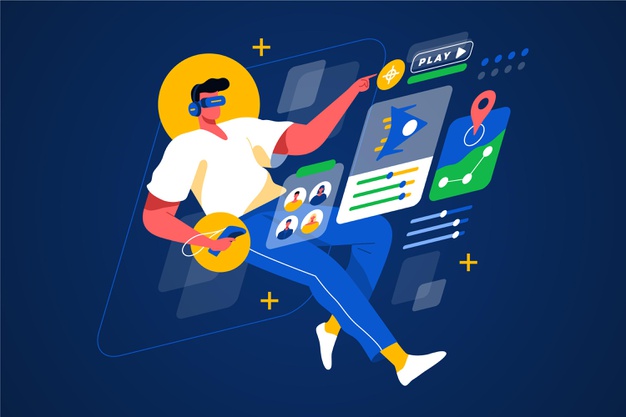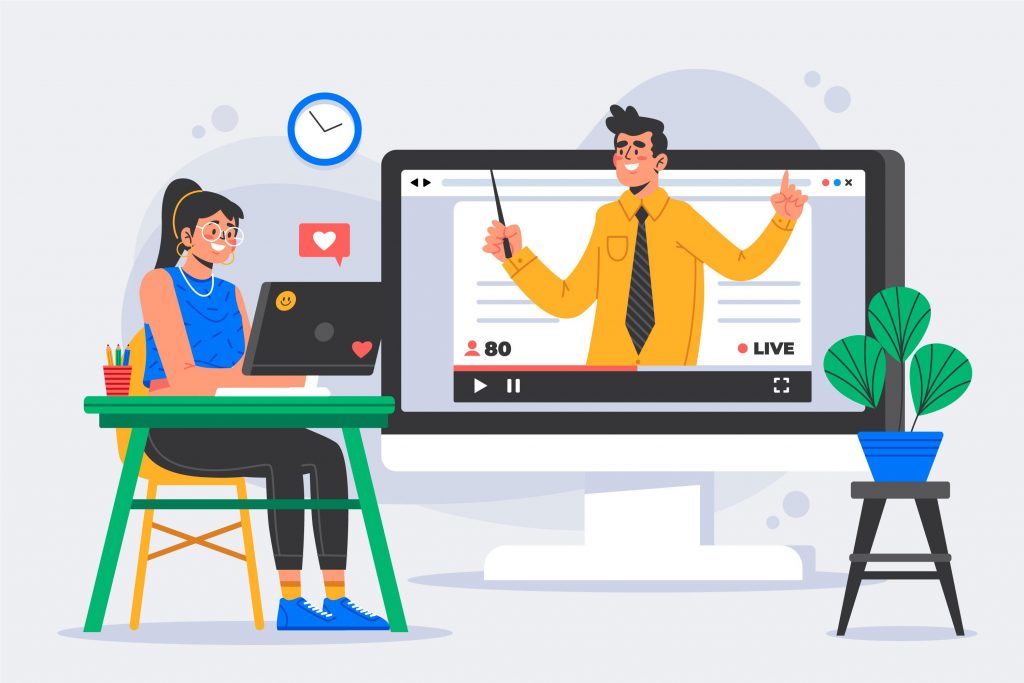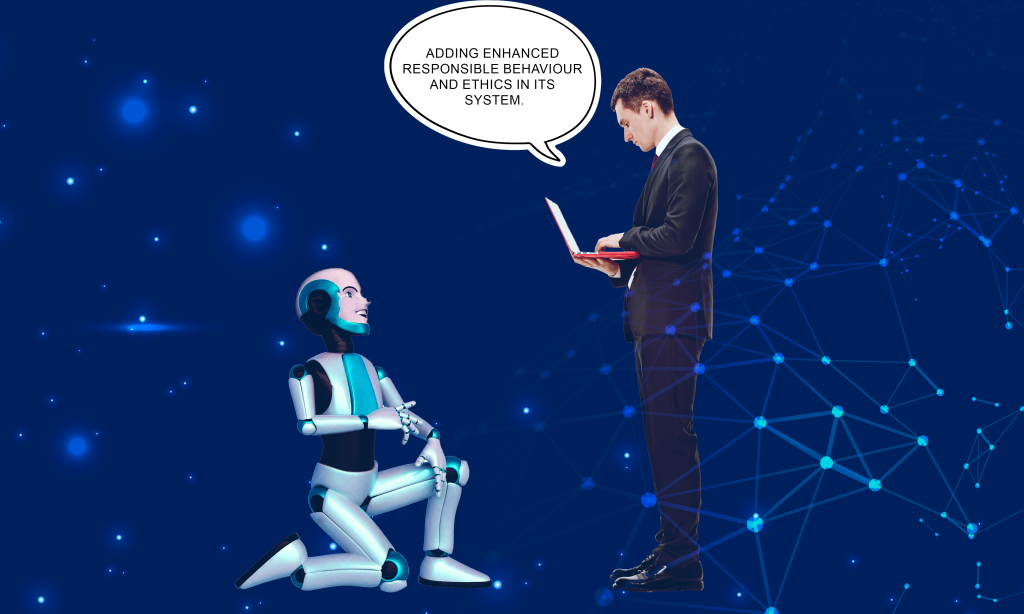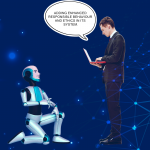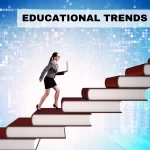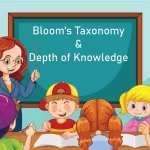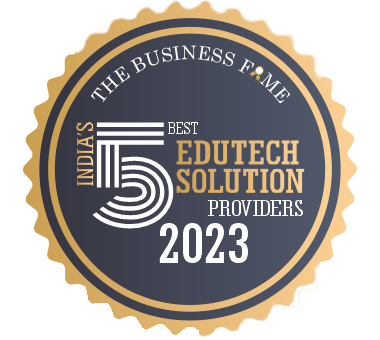Virtual Reality, commonly known as VR, refers to creating an artificial environment, identical to the real world. The application of VR in education is an advancing technique of creating interactive and attractive learning experiences. With VR, learners are able to virtually experience the lessons and also interact with them fruitfully, thereby resulting in better understanding. VR keeps the power to transport students from their desks to the Roman ruins, from classrooms to laboratories and more, connecting one world to another. But soon—at least as we envision today, the potential of virtual reality in education may far exceed everything we witness in EdTech now.
VR as a Game-changer in Education
A study conducted by National Survey showed that 90% of teachers believed that VR in education was an effective tool to provide immersive learning for students.
Tablets and lightweight computers emerged first in classrooms, but as you might guess, there was still a lack of room for interaction. This is how virtual reality is differentiated from every learning practice.
By combining advanced technology with knowledge, it has been possible to create a learning environment by projecting different versions of reality.

Application of VR in Education
-
Distance Learning
One of the best things is that virtual reality in school education helps students and teachers overcome geographical boundaries and produces natural interactions in classrooms. Similarly, one can attend any interesting event on Earth with just a press of a button. For instance, the London School of Business and Finance is a great example of combining VR with distance learning in the courses they offer to postgraduate students.
-
Virtual Field trips
The capability of VR to offer deeply immersive experiences can be useful for teaching subjects such as history, geography, and art with the help of a virtual field trip. This technology promotes students with the freedom to explore and learn at their own pace. Some of the biggest universities are already offering these trips to students, and the best part about virtual field trips is that they can be distributed on a massive scale.
What Makes VR in Education Beneficial?
1. Engaging
A great deal of time and resources are spent by teachers to engage students through interactive projects, public speaking, and a variety of other ways. Oftentimes, their efforts go in vain.
On the other hand, virtual reality makes it easier to create immersive experiences which bring lessons to life. By gaining hands-on skills, students also become prepared for the future.
2. Technology
It’s incredible how digital technology has changed the way classrooms are taught. The move from passive learners to active learners has changed the game. Especially today in the 21st century, students need to be proficient in technological skills to adapt to the world.
3. Language Roadblock
International education can be a problem for the learner, considering the differences in culture and languages. With virtual reality, every possible language can be included within the software. Therefore, language will no longer be a barrier.
4. Safe Learning Environment
Sometimes, making mistakes during learning can make the students scared of the possible outcome. Gaining skills without the fear of failure makes virtual reality a preferable tool for training to build the student’s confidence. Therefore, students can try different approaches and choose what’s best for them.
5. Practicality
Regarding the practicality of education, students often need special tools and the application of theory in real-life scenarios for learning. Difficult concepts in subjects can be hard to comprehend due to the lack of practical application. And that is how just by using VR in education, students get a chance to learn by doing rather than simply reading. By visualizing complex topics or mechanisms, the cognitive load to process the information is highly reduced.
Final Thoughts
Undoubtedly, we can say that VR is the best fit for modern education. It creates an immersive learning experience and offers a favorable environment for every student out there. Therefore, VR keeps reshaping the way we view the world. It can be said that the young learners of tomorrow are truly in good hands with technology. They will employ it to its full potential.
Reference: Immersion VR
Image credits: Freepik
For more such content on technology and e-learning, visit our blog.
Create. Engage. Inspire

